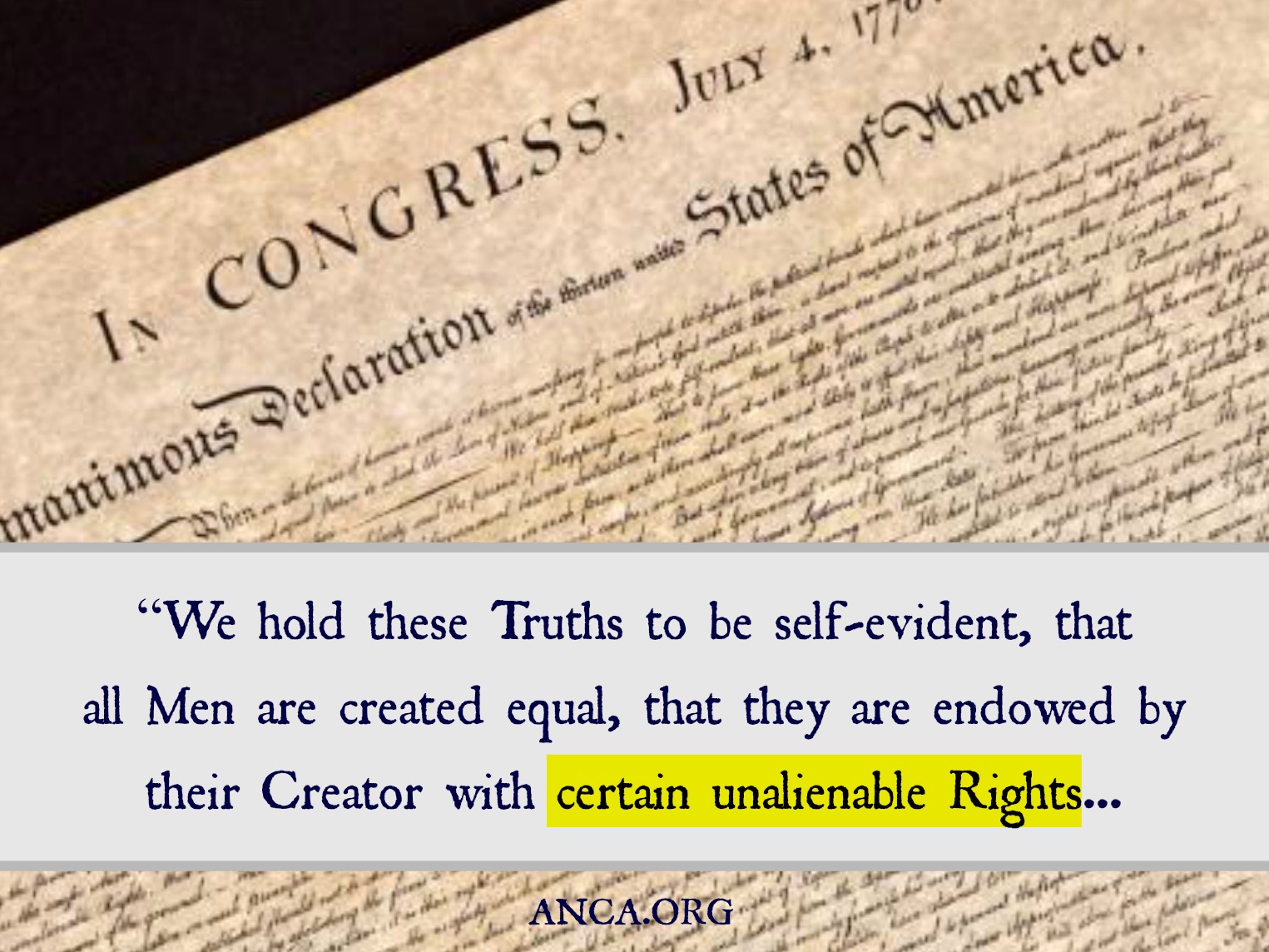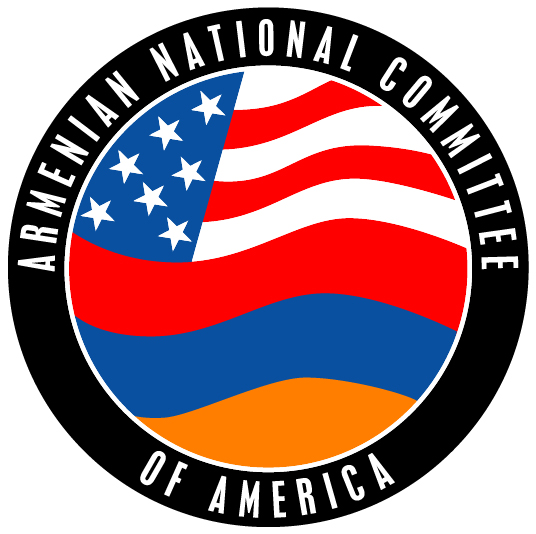
WASHINGTON, DC – The Armenian National Committee of America (ANCA) on Thursday voiced sharp disappointment with the U.S. Co-Chairmanship of the OSCE Minsk Group for its role in a joint U.S.-French-Russian statement dismissing the March 31st Artsakh elections, underscoring that such reactions – in addition to setting back the cause of peace – denigrate America’s own founding commitment to free and fair elections as the basis for democratic self-determination.
“The United States can only apply one standard when it comes to elections – the benchmark set by our founders in the Declaration of Independence – establishing our unconditional support for the unalienable right to establish democratically elected governments deriving their just powers from the consent of the governed,” said ANCA Chairman Raffi Hamparian. “Sadly, this week’s OSCE Minsk Group statement on the elections in Artsakh falls far short of this democratic yardstick.”
“Instead of emboldening an already overly-aggressive Aliyev regime by echoing its patently anti-democratic talking points, American leaders should be praising Artsakh’s free and fair elections. The search for a peaceful resolution of outstanding status and security issues between Artsakh and Azerbaijan requires more democracy, not less – more diplomacy, not less – despite Aliyev’s dictates,” added Hamparian.
Background:
— The OSCE/CSCE – of which the U.S. is a leading member – launched the Nagorno-Karabakh (Artsakh) peace process (now known as the Minsk Group, co-chaired by the U.S., France, and Russia) in March of 1992 with official, written reference to the “elected representatives of Nagorno-Karabakh” as a party to these talks.
— Artsakh holding free and fair elections is entirely in keeping with the OSCE’s mandate that it be represented in the peace process by “elected representatives.”
— The 1994 Artsakh cease-fire (known as the Bishkek Protocol) that has held for more than a quarter-century – despite countless Azerbaijani violations – featured the signature of the duly elected leadership of the Artsakh Republic, along with those of Armenia and Azerbaijan.
— The OSCE Minsk Group – including the U.S. Co-Chairman – regularly consults, in Stepanakert, with the Artsakh government, seeking its support in bringing about a peaceful resolution of outstanding Artsakh status and security issues.
— The International Covenant on Civil and Political Rights, adopted by the General Assembly of the United Nations on December 19, 1966, affirms the universal principle that: “All peoples have the right of self-determination.”



It is disappointing that the U.S. has not praised the free & fair elections in Arsakh. Does the U.S. not know that Artsakh has always been part of Armenia’s Historic Lands. Our Congressman & Senators must be educated on this important issue.
[ “Land is not given, it is taken.” ] On reading the linked pompous US-France-Russia press release from the Minsk Group I’m reminded of the period of Armenian history from 1860 to 1908. The statement is the Minsk Group’s response to last week’s free and fair election in Artsakh.
From about 1860, as the Ottoman Turk ratchet lever rose level by level against Ottoman Armenians, and time after time, appeals and pleas were made to what has been termed the Third Force. That term refers to major European powers, especially Great Britain and France. Both were themselves heavily involved in meddling for their own gain splicing up what they could take (land included) from the Ottoman Empire. The Empire was already in serious long-time decline, drowning in debt and culturally driven to madness by misgovernment.
Time after time the Third Force delivered a paper ladle to Armenians. You can’t eat food with a paper ladle. That was the famous analogy given by Mkrtich Khrimian after the 1878 Treaty of Berlin.
Today, we have the statement by the Minsk Group and today I end by quoting the Armenian global strategy consultant Gérard Chaliand. He told me in Paris decades ago, “Land is not given, it is taken.” #AutonomyNow.